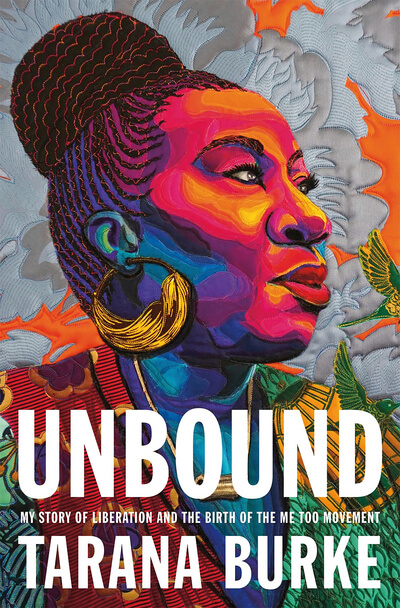“In fairy tale logic, you must trade something for something you desire,” writes Sarah Ruhl. “By this logic, I traded my face for my children. And it was a fair trade.” This is just one of the many arresting sentences in Ruhl’s new memoir, Smile: The Story of a Face, which details Ruhl’s pregnancy and subsequent experience of facial paralysis, a condition that set in immediately after delivery. The memoir moves from the intimately personal to the nearly universal: motherhood and medicine, soul and body, and the poetic logic that underlies everyday life. A playwright with an incredible eye for detail and a searing voice, Ruhl excels at putting striking ideas into simple forms that vibrate with power and energy.
Though Ruhl spent years avoiding her face in daily life, on the page she stares at it without flinching. She recalls refraining from looking at her reflection and how she came to rely on gestures and murmuring to communicate what her mouth and eyes could not—excitement, welcome, affirmation, connection. Behind this performance, or maybe because of it, Ruhl began to disassociate from her face, which no longer expressed her essential self. As a playwright, Ruhl works with actors, whose faces are the tools of their trade and who believe that bodily expression and the inner life are intertwined. Reflecting on these relationships, Ruhl wonders whether appearing more aloof and disengaged has, in fact, made her so.
Meanwhile, life carried on. Ruhl wrote plays and essays, tried acupuncture and meditation and attempted to raise three children under five while remaining herself. Her memoir is wildly funny about the day-to-day realities of mothering. “My children’s temperaments can be summed up in the way that they vomit,” begins one memorable anecdote. In all, this is a beautiful book that expresses the big feelings of life and the daily practices that allow for incremental progress.


























